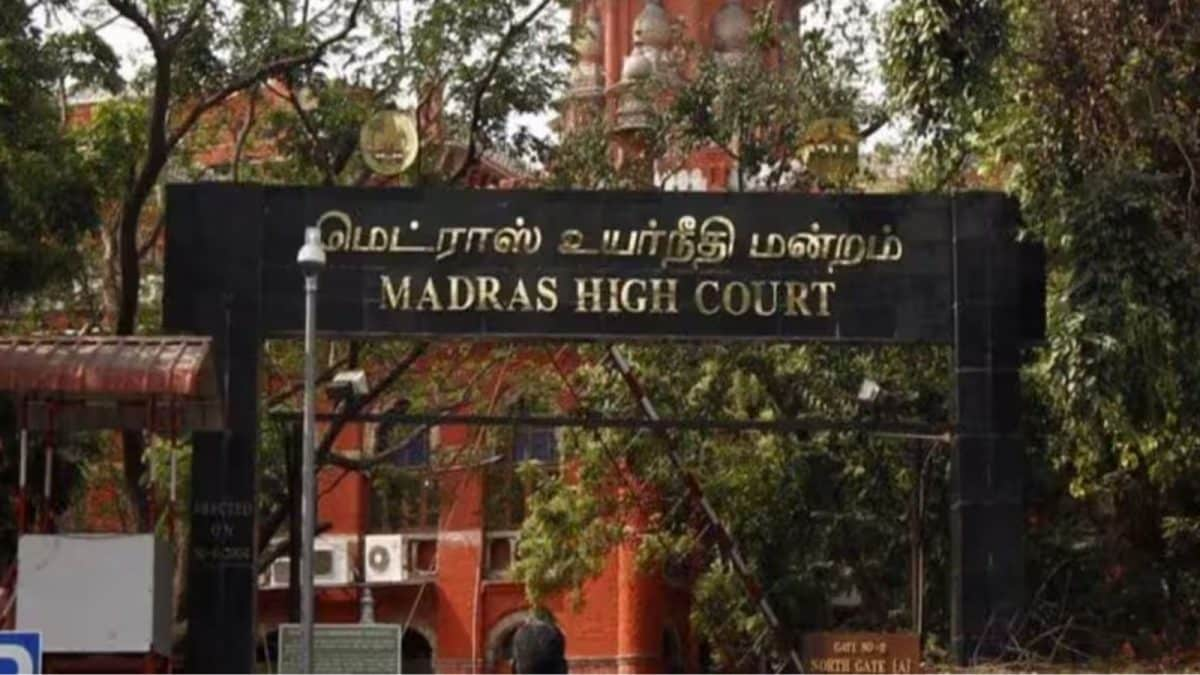
Tea and samosa is a classic Indian combo loved for decades. From homes to street stalls, it is a favorite pairing, especially in winter when hot tea and crispy samosas feel like instant energy. But experts warn this tasty combination is not always the healthiest choice.

Regularly eating samosas with tea can harm your digestive system and trigger multiple health issues—something many people don’t realise.

Samosas are made with refined flour, stuffed with spiced potato and peas, and deep-fried in oil. This makes them heavy, calorie-rich, and difficult to digest. Too much fried food can increase cholesterol, fat build-up, and even raise the risk of obesity and related diseases.

Fried snacks like samosas can also lead to constipation. When paired with tea, they may trigger acidity, gas, or even ulcers. For people already suffering from acidity or digestive problems, this combo can be especially harmful.

Eating samosas with tea every day can take a toll on your health. Over time, this habit can increase the risk of heart disease, high blood pressure, obesity, and diabetes. Tea itself contains caffeine, which in excess can cause sleep issues, irritability, and digestion problems. Moderation is key—occasional indulgence is fine, but daily consumption is risky.

Healthier tea-time options include roasted chickpeas, dry fruits, or light roasted snacks. These are tasty, provide essential nutrients, aid digestion, and help manage weight. Tea with samosas may be tempting, but it’s best saved as an occasional treat, not a daily habit.

(Disclaimer: This article is based on general information available online. News18 does not independently verify this content. Please consult a health expert before making changes to your diet)
Go to Source
Author: News18



